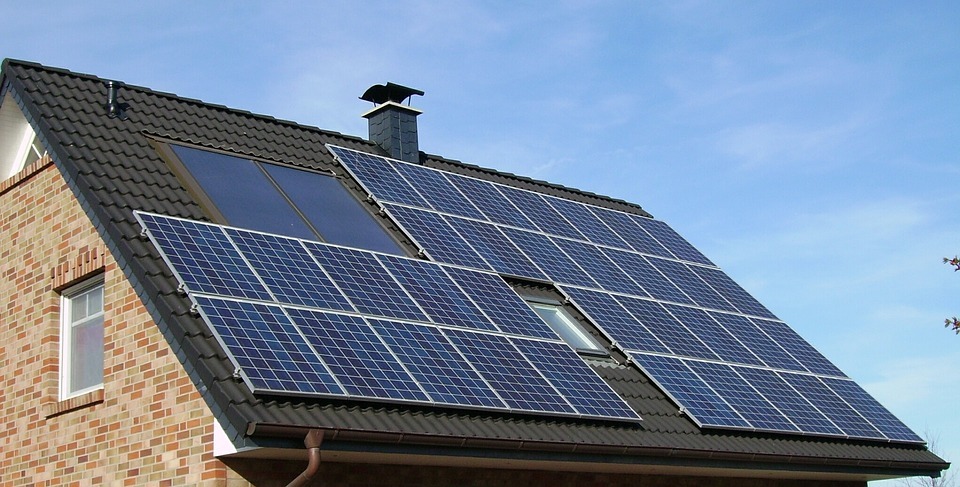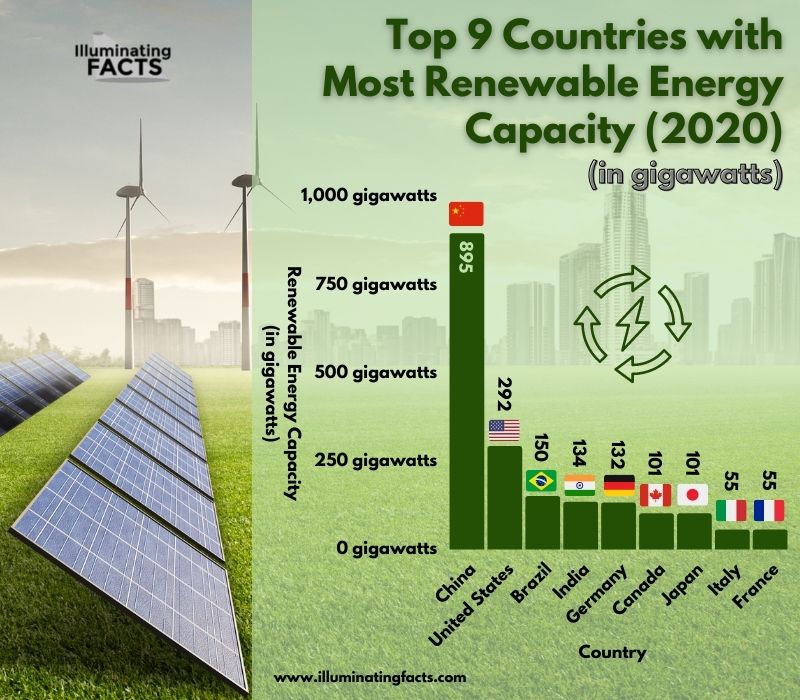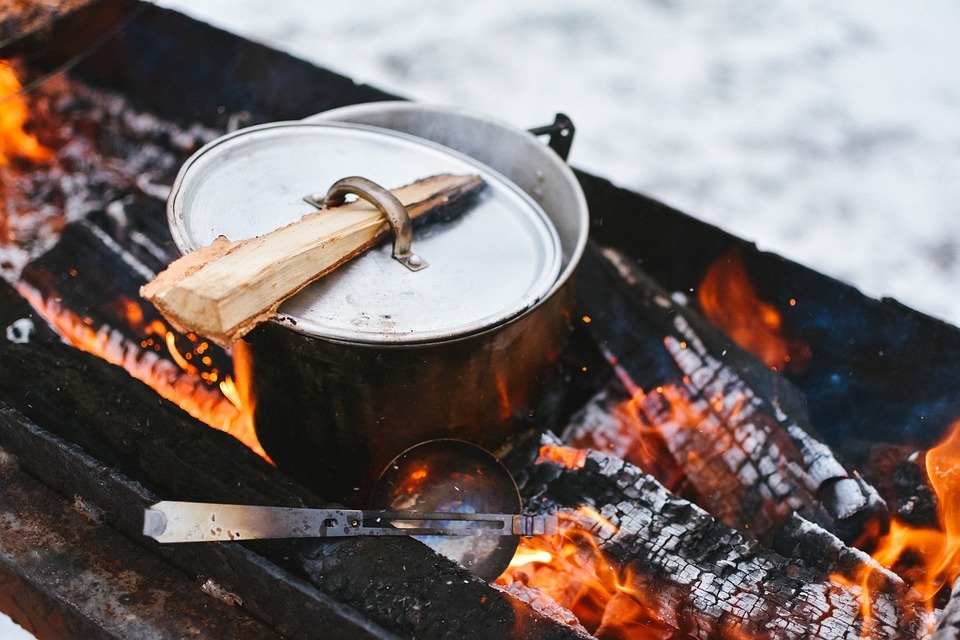Living without electricity is not as easy as you think it is, especially when the majority of your household items depend on it to function. There are lots of technologies managed by electricity that provide us with important things, including heat, water, food, transportation, energy,
communication, and as well as entertainment.Without power, you won’t be able to use your home’s central heating and air conditioning. Aside from that, you also won’t be able to use the toilet, refrigerator to preserve foods, or have clean running water from your faucets.
Sometimes, it takes a lot for most people to realize that having no electricity is more than losing the internet and Wi-Fi connection. Without power, there will also be no cash machines, no factories, and no gasoline pumps. Heating and water would also be compromised without electricity, which is both critical in our lives for us to survive.
If you live in a city, and for instance, there’s a long-time power outage due to a storm, earthquake, or other possible calamities that may occur, have you ever thought of how you can survive? If you are not yet prepared for a long-time blackout and you’d like to know how to survive in the city, if ever one occurs, you’re in the right place. Today, we will be giving you city survival tips when there’s no power.
Invest in Alternative Energy Sources
Life without electricity in the city can be a big adjustment. But there are lots of alternative energy sources that you can opt for and install in your home to be able to accomplish many things.
Not only that, but there are also tax incentives for installing certain types of alternative energy sources. These incentives can vary state-by-state and year-by-year, but they can ultimately reduce the upfront cost of installation. All you need to do is determine your tax bracket for 2022, to see how these deductions can positively impact your taxable income.
Here are some of the most popular alternative energy sources you can try.
Off-Grid Solar Power Systems
The most popular alternative energy that most people know is solar power. However, most solar panels will not function without electricity because they must feed the power generated back to the grid first before they can be used to power your home. It means that without electricity, solar power systems can be useless as well.
But there are solar power systems that work off-grid. They use large battery banks to store the extra energy generated. However, this option is quite expensive. If you have the budget, it is the easiest and most reliable alternative energy you can invest in.
Wind Turbines
Another source of alternative energy is wind turbines. When combined with solar PV, they can create a robust and reliable renewable energy system for your home. Wind and solar can both work together during summer and winter. Even if there’s no sunshine during the winter season, the wind turbine will continue to work and generate power for your home.
Hydropower
Hydropower, or also known as hydroelectricity, is the process of converting energy from flowing water into electricity. It is another excellent renewable energy source. This option will work best for those who live near a river, lake, or creek. Remember that when using alternative energy sources, battery storage is important. Batteries are the heart of any renewable energy source being used off-grid. If you do not use batteries to store the energy produces, your home would only run on the power it receives at that moment.
Check out the top 9 countries producing renewable energy from IlluminatingFacts.com:
Look for Alternative Heating Methods
If there’s no electricity during the winter season, you won’t be able to rely on your home’s central heating system. Therefore, you need to find other ways to generate heat. Some of the best ones you can use are wood-burning stoves and fireplaces. Both are great sources of heat for homes, and it’s easy to use them to share heat around rooms. You just need to stockpile dry wood for colder months.
Aside from wood-burning stoves and fireplaces, other alternative heating methods can be solar thermal and biomass. Both are also capable of supplying enough heat for a home.
Determine Your Priorities
To be prepared for a power outage, you and your family must decide what living off the grid means for you. Determining just how much you can do without electricity can help make everyone comfortable during an off-grid emergency situation. Ask yourself about certain possible scenarios. For example, are you willing to camp if the power goes out? How long can you do without a shower? By knowing these things, you will be able to prepare for your needs appropriately.
Plan Out Your Lighting System
No electricity means there will be no light. But there are several viable lighting sources to choose from to be able to light your house during a power outage. Using some candles is an inexpensive choice. However, they can be dangerous, especially if you have kids at home. Some of the best lighting choices during a power outage are flashlights, headlamps, and LED or solar-powered lanterns.
If you’ve decorated your yard with outdoor solar lights, they can come in handy during a power outage, as you can bring them indoors at night. They can help with lighting hallways and bathrooms. Just don’t forget to take them back outside during the day so they can recharge under the sun.
Stock Some Water or Find a Reliable Alternative Water Source
To be able to survive during a power outage, you also need to have water. At least a gallon of water is required per person to be able to function during an emergency. Aside from drinking, you also need to have enough water for your pets, for cooking, and hygiene. If the power outage lasts for about two weeks, then you might need to have more than 100 gallons of water.
Aside from stocking water at home, which can be a bit expensive, you can also look at other ways to get water without power. One is using a nearby lake, river, or stream as your water source. You can also gather rainwater from the roof. If you are sourcing water from nature, you can use water purification tablets, heat, and bleach to purify it.
Consider How You’re Going to Cook
Another thing to think about when there’s no power is how you will be able to cook foods. If
your home has a fireplace, a wood stove, or a fire pit, then cooking will be easy for you. You just
need to stock up on firewood and kindling for you to quickly light a fire. If you do not have
those, then you need to be smart and balance your food supplies between those ready to eat and
need to be cooked.
Another great option to be able to cook without using power is by investing in a solar oven. This
oven uses the power of the sun’s ultraviolet rays to cook food. You can also opt for small
propane stoves that you can take with you anywhere. These are usually inexpensive and easy to
use. You just need to stock up on fuel.
Having a charcoal grill can also help you with cooking when there’s no electricity. You just need
to have extra bags of charcoal during emergency situations.
Prepare for Bathing and Cleaning
When the water stops flowing due to lack of electricity, it means that bathing will be an issue, as well. It is not required to take a shower every day, but you need to keep yourself clean. Aside from yourself, you also need to maintain the cleanliness of your home, including plates and cooking equipment. This can help in lowering the spread of germs that can cause illnesses. In times of a power outage, these are some of the essential supplies you must have:
- Dry Shampoo
- Wet Wipes
- Paper Towels
- Feminine Hygiene Products
- Diapers
- Disinfectants
- Disposable Utensils
- Alcohol or Hand Sanitizers
Have a Sanitation Plan
Without electricity, city sewer systems will not be able to function. Though most of them have backup generators in case of power interruptions, those generators are dependent on fuel and will not last in a long-term power outage. Therefore, you need to have a plan for your family’s sanitation needs.
If you have a septic system at home, you will still be able to flush your toilet by just putting water in the tank. Just fill the toilet tank with water then flush it. Another way is to pour water forcefully into the bowl for it to flush on its own. But keep in mind that if your area experienced a great deal of rain and flood, it’s not best to use your septic system. It’s because if the water table is too high, your septic will not work, causing the waste to spill out into your yard.The best way to dispose of waste during a long-term power outage is to dig holes in the ground about six to eight inches deep and bury them there. Just make sure that the holes are at least 250 feet away from any water source and house. It’s also better to dig holes in sunny spots because the sun will help in decomposition. If you have the budget and space, you can also opt for a portable toilet.
These are some of the best tips we can give to survive in the city without power. It’s not really pleasant to think about having a power outage for a long time. However, we need to understand that it is possible to happen, and living utterly dependent on electricity may not help when the
time comes. Therefore, doing what you can to prepare in the present time will help ensure that you can get through such an emergency if ever a power outage happens.




